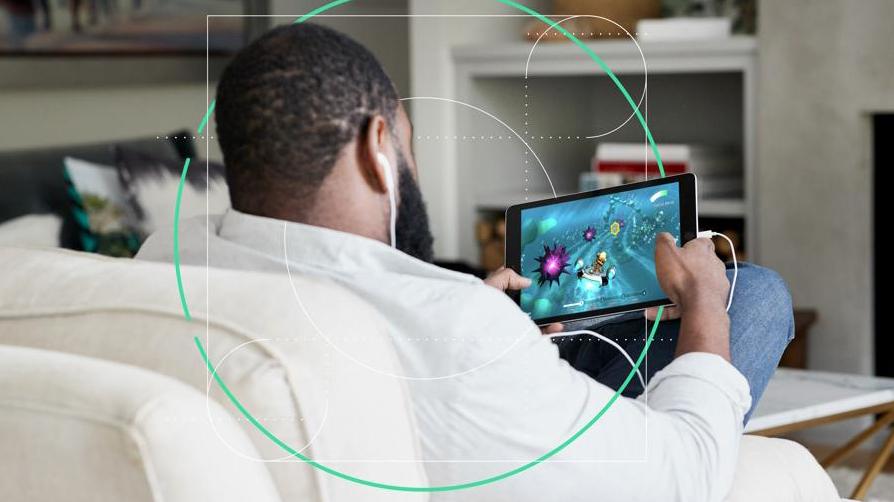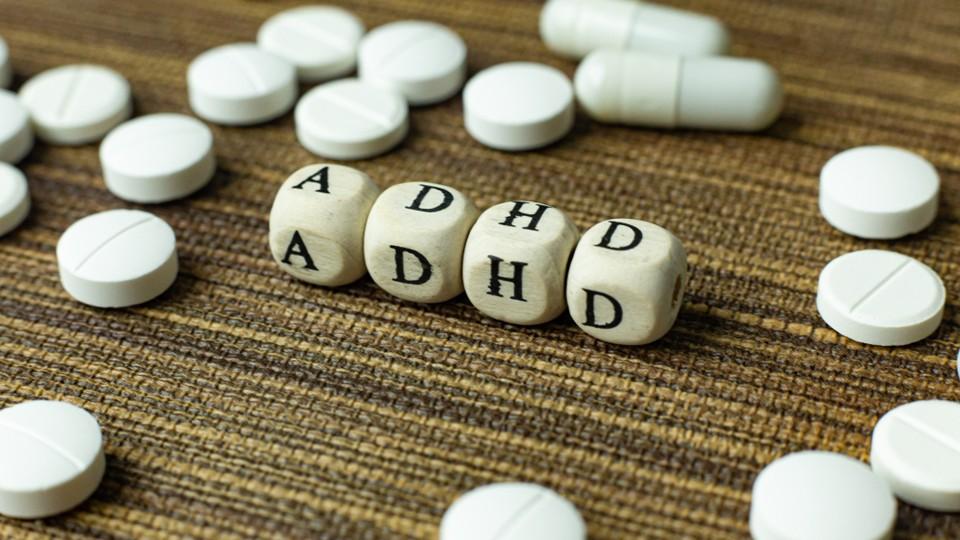Akili launches OTC version of digital therapeutic for ADHD

Digital health company Akili has launched a non-prescription version of its attention-deficit hyperactivity disorder (ADHD) digital therapeutic EndeavorRx, that can be downloaded from the Apple App Store.
The new EndeavorOTC app gives Akili an opportunity to build a revenue stream for the digital therapeutic that doesn’t depend on the need for reimbursement approval, a well-recognised challenge for developers of prescription digital therapeutics (DTx) products, and also greatly expands the eligible patient population.
The launch of the direct-to-consumer (DTC) version comes off the back of a recently announced unblinded clinical trial called STARS-ADHD-Adult, which involved 221 patients with combined or inattentive subtype ADHD who used the DTx at home for six weeks.
The app revolves around gameplay that challenges users to tap targets and navigate obstacles to boost attention and focus.
According to Akili, clinical improvement in focus was seen in 83% of the subjects in the study, with an average improvement in the ability to focus of 85%, and more than a third (36.6%) of participants no longer exhibited an attention deficit following treatment. Three out of four (73%) subjects also reported improvements in quality of life.
Akili’s sales of the prescription version of the app, which was first approved by the FDA in 2020 for use in children with ADHD, were $113,000 in the first quarter of this year, compared to $230,000 for 2021 as a whole. Prescriptions more than tripled compared to the prior first quarter to nearly 2,400, but are a long way from the levels needed to make a sustainable business.
The company has previously said that reimbursement coverage for EndeavorRx, which costs $450 for a course, is patchy in the US, pegging back sales, and is looking to the DTC version to unlock a new sales channel.
EndeavorOTC can currently be downloaded for free from the App Store, with usage funded by in-game purchases currently at between $15 and $99. An Android version is also being developed.
“Compared with children, adults with ADHD are generally overlooked and under-treated,” commented Dr Stephen Faraone, president of the World Federation for ADHD. “Current treatments are not sufficient, and adults need more effective options, including non-pharmacological solutions.”
A recent US study suggested diagnosis rates for adult ADHD have been growing twice as quickly as in children. Akili estimates that around seven million adults in the US are living with ADHD, so there is potential for revenue to climb quickly if it can tap into that population, particularly among those unable or unwilling to use ADHD drugs.
It’s important for Akili to make progress on both the prescription and DTC sides of its business to avoid the fate of other companies in the DTx category, notably Pear Therapeutics, which recently went into bankruptcy, despite bringing three products to market (but may be poised for a comeback).
The company ended the first quarter with cash of $117 million, down from $136 million at the end of 2022, and has slashed staff as well as follow-up DTx programmes in order to eke out its reserves while it builds the Endeavor range. At its current burn rate, it can keep operating until the first quarter of 2025 with those reserves.
“Without reliable access to ADHD medication or sufficient mental healthcare professionals to meet demand, millions of Americans are in urgent need of new validated and accessible treatment options,” said Eddie Martucci, chief executive of Akili. “Patients want better, and they want non-drug treatment options.”













